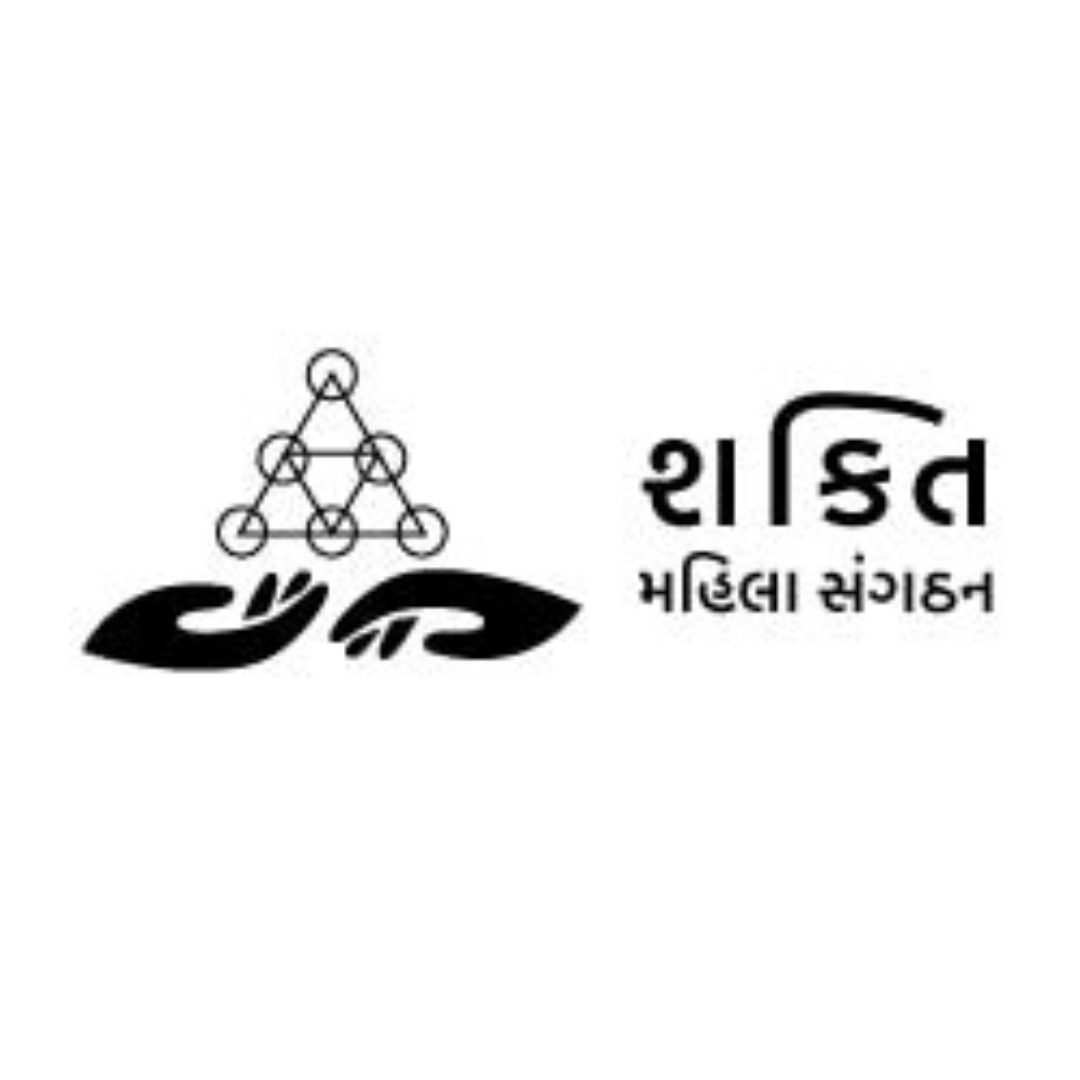Shakti Mahila Sangathan, Mahuva, Bhavnagar, Gujarat - 389260
Advance Participation in Governance & Planning
Why we need women's participation in local governance?
Women’s involvement in local governance strengthens communities and ensures everyone’s needs are considered. As caregivers, leaders and entrepreneurs, they bring unique perspectives that help create effective policies. Research shows that when more women are in local government, decisions become fairer, resources are used better and public services improve. Women also focus on critical issues like education, healthcare and sanitation, making communities healthier and stronger. Their participation is not just important for equality but also for sustainable development and progress in India. Empowering women in governance means building a better future for all
Our Approach
We work with Gram Panchayats to amplify women’s voices through three key areas: Capacity Building, Leadership Development and Advocacy. We provide training to help women gain essential skills and confidence, support them through mentorship to take on leadership roles and raise awareness about the need for inclusive governance and gender equality. Our goal is to empower women to actively participate in local decision-making, contributing to sustainable development and equal progress in their communities.
 (1).jpg)
Our Interventions
-
Bridging the Knowledge Gap
- Workshops on Governance Topics: We host workshops on critical issues like water management, sanitation and livelihood programs. These sessions include discussions with government officials to ensure effective policy implementation at the Panchayat level.
- Simplified Information Sharing: We create easy-to-understand materials in local languages that explain government schemes, Panchayat budgets and citizen participation processes. These are shared through Self-Help Groups (SHGs), community meetings and mobile apps to reach women directly.
-
Building Capacity for Effective Participation
- Mock Panchayat Sessions: We organize practice sessions where women simulate Panchayat meetings, allowing them to refine public speaking skills, present solutions to local issues and engage in policy discussions. This helps build their confidence and prepares them for active participation in governance.
- Training in Budget Analysis and Advocacy: Women are trained to evaluate Panchayat budgets, identify gaps in resource allocation and advocate for better support for women and children. These sessions empower them to influence decisions and bring meaningful change to their communities.
-
Fostering Collaboration and Accountability
- We work closely with local leaders to create community monitoring systems. Women from Self-Help Groups (SHGs) and community members actively participate in these efforts by tracking the progress of projects and providing feedback. This process ensures effective implementation, holds Panchayats accountable and promotes stronger governance in rural areas.
-
Leveraging Technology for Advocacy and Empowerment
- Social Media Campaigns: We run campaigns that address governance challenges faced by rural women, featuring success stories from local influencers and women leaders to encourage wider participation.
- E-Governance Platforms: We advocate for easy-to-use e-governance tools in Gujarati, helping women file complaints and access details about government schemes with ease.
-
Addressing Social Norms and Power Dynamics
- Gender Sensitization Workshops: We organize sessions for women, men and Panchayat officials to challenge traditional gender roles and unconscious biases. These workshops highlight the importance of women’s leadership in local governance and the benefits of inclusive decision-making.
- Leadership Support for Families: In collaboration with local organizations, we conduct leadership workshops for husbands and family members of aspiring women leaders. This initiative fosters a supportive home environment, enabling women to focus on their political roles with confidence.
These efforts empower women to take on decision-making roles in governance, paving the way for inclusive policies, better resource allocation and stronger rural communities.
